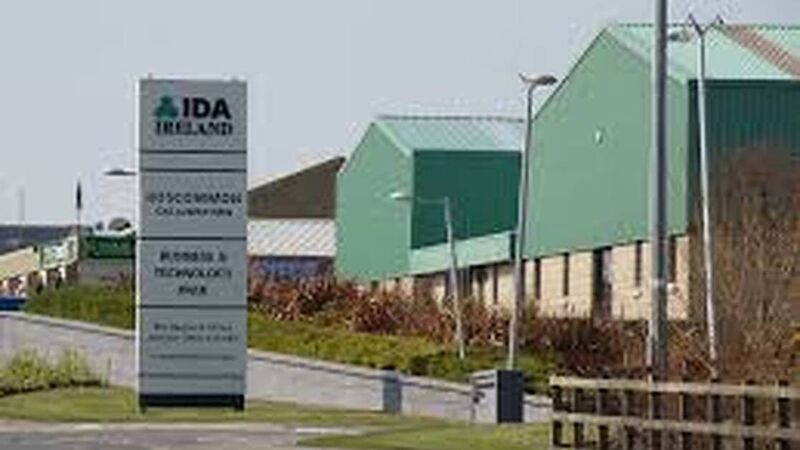Jim Power: Pharma and food can feed the economy's eventual recovery

IDA-supported foreign multinationals have done much to underpin Irish economic health.
Any lingering hope that New Year’s Eve would herald the end of a generally nasty year and the beginning of a better one has been cruelly dispelled over the past 18 days.
In most countries, the virus has taken a strong and sinister foothold, and it appears to be running faster than the vaccine rollout at this juncture.











